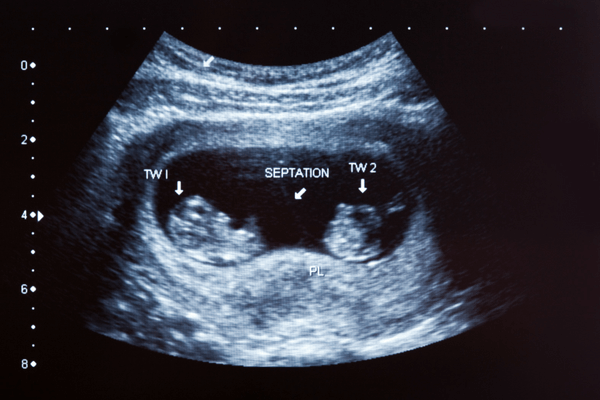This article discusses the role of genetics in determining the probability of having twins. It explains that the likelihood of conceiving twins is influenced by both genetic and environmental factors. Monozygotic (identical) twins occur when a single fertilized egg splits into two embryos, while dizygotic (fraternal) twins occur when two separate eggs are fertilized by two different sperm cells. While the occurrence of monozygotic twins is generally not strongly linked to genetics, dizygotic twinning is more likely to run in families. Factors such as hyperovulation, maternal age, ethnic background, and assisted reproductive technologies can also influence the chance of having twins. Additionally, the article provides references to scientific journal articles for further reading on the topic. I found this article very interesting because I always thought that fraternal and identical twins were essentially the same thing, both running in families. I think lots of people believe this too, because I have heard people saying identical twins run in their family. This article disproves this though, basically saying that while fraternal wins usually can be traced back a few generations, identical twins are just a really cool magic trick that occurs during pregnancy and can really happen to anyone regardless of their family line!
Sources :
1. https://medlineplus.gov/genetics/understanding/traits/twins/

